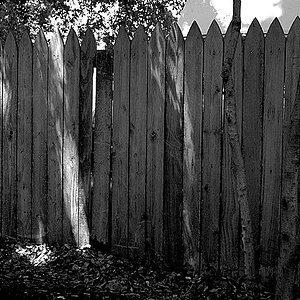LCandMe
TPF Noob!
- Joined
- Feb 28, 2013
- Messages
- 4
- Reaction score
- 0
- Can others edit my Photos
- Photos OK to edit
I want to buy a 750D/T6i. The problem I am having is trying to decide where to buy it from.
Amazon is pushing a bundle package with varying lens options and other items. I am guessing most of these "bonus" items are junk used to attract inexperienced buyers. Is that a good assessment?
Amazon.com: Canon t6i
Adorama has another bundle option + rebate. The bundle items seem more attractive but again, I don't know enough to make that judgment. $650 seems like a fair price though.
Canon T6i
And finally Ebay. I am honestly sketched about buying said product here. It kind of seems like one of those "too good to be true" options.
Canon EOS 750D Rebel T6i DSLR Camera +18-55mm IS STM Lens Kit +1 Year Warranty
Any feedback and or reassurance on any of this would be much appreciated. Or if anyone knows of a better option then those listed above, please feel free to share. Thank you!
Amazon is pushing a bundle package with varying lens options and other items. I am guessing most of these "bonus" items are junk used to attract inexperienced buyers. Is that a good assessment?
Amazon.com: Canon t6i
Adorama has another bundle option + rebate. The bundle items seem more attractive but again, I don't know enough to make that judgment. $650 seems like a fair price though.
Canon T6i
And finally Ebay. I am honestly sketched about buying said product here. It kind of seems like one of those "too good to be true" options.
Canon EOS 750D Rebel T6i DSLR Camera +18-55mm IS STM Lens Kit +1 Year Warranty
Any feedback and or reassurance on any of this would be much appreciated. Or if anyone knows of a better option then those listed above, please feel free to share. Thank you!
As an eBay Associate we earn from qualifying purchases.
As an Amazon Associate we earn from qualifying purchases.


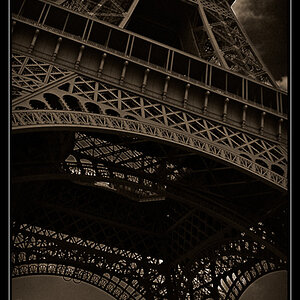
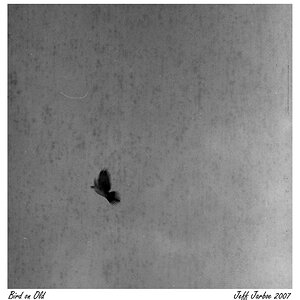

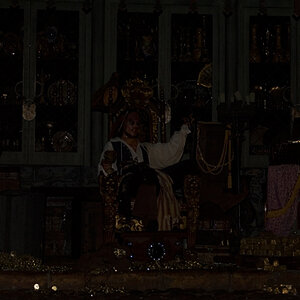
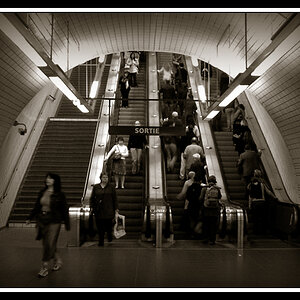

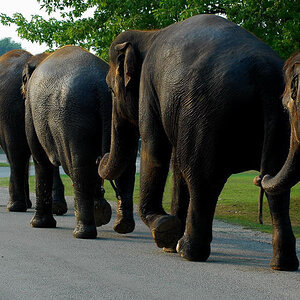
![[No title]](/data/xfmg/thumbnail/30/30989-2ed4e52fa80fcd0ba553c515ffc589cd.jpg?1619734553)
